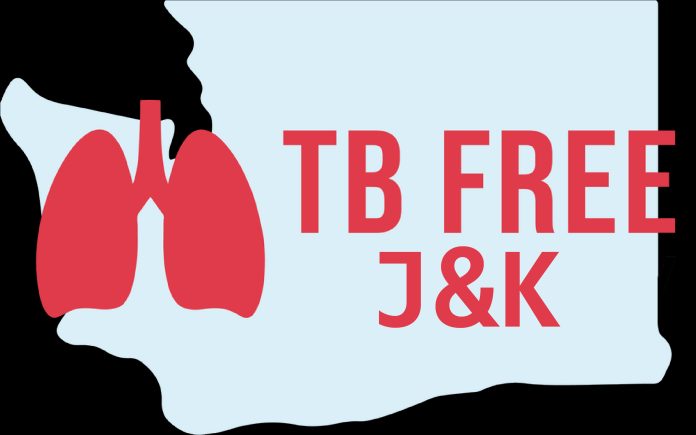The ambitious goal of making Jammu and Kashmir Tuberculosis (TB) free by the end of 2025, as outlined by the Chief Secretary during a recent meeting, reflects a robust commitment to public health under the PM TB Mukt Bharat Abhiyan. With TB being one of the world’s deadliest infectious diseases, claiming millions of lives annually, this goal aligns with India’s larger objective of eradicating the disease nationwide. However, achieving this vision requires a multidimensional approach that addresses detection, treatment, awareness, and community involvement. J&K currently has a TB-affected population of approximately 11,650 individuals who are receiving free treatment across various healthcare facilities. While districts like Anantnag, Budgam, and Pulwama have already been declared ‘TB Free,’ others like Baramulla, Srinagar, and Kupwara are in the process of obtaining this certification. This progress is commendable but also underscores the immense challenge that lies ahead. The disease thrives on poor socio-economic conditions, lack of awareness, and delayed diagnosis, which necessitates a robust and comprehensive strategy. The fact that 463,872 presumptive tests have been conducted this year, achieving a testing rate of 3,047 per lakh of the population, is proof of the focused efforts of the administration. However, with 1,516 out of 4,243 Panchayats declared TB-free, the path to achieving complete elimination remains steep and calls for relentless efforts.
One of the critical pillars in combating TB is the early detection of cases. The emphasis on contact tracing and intensive sampling, as highlighted in the meeting, is pivotal. TB is highly contagious, and undetected cases can lead to widespread transmission within communities. The ongoing ‘100-Days TB Campaign’ aims to expedite case detection in vulnerable populations, targeting high-priority districts like Jammu, Srinagar, and Baramulla. To further bolster detection efforts, leveraging technology and innovative diagnostic tools should be a priority. Mobile diagnostic units, expanded access to rapid molecular tests, and integrating TB testing in routine health check-ups at Health and Wellness Centres and Ayushman Aarogya Mandirs can bridge the gap in early diagnosis.
While free treatment is already being provided, adherence to the prescribed regimen remains a significant hurdle. The administration’s initiative of providing Rs 1,000 monthly under the Nikshay Poshan Yojana, along with food baskets through Nikshay Mitras, is a commendable step toward ensuring nutritional support for patients. However, effective counselling, regular follow-ups, and community support are equally essential to keep patients on track with their treatment. Utilising ASHA workers, women SHGs under JKRLM, and other rural institutions to identify and support TB patients can be a critical component of the strategy. These grassroots organisations serve as vital conduits to reach the most vulnerable populations, raising awareness, collecting samples, and ensuring treatment compliance. Moreover, community involvement reduces the stigma associated with TB, encouraging more people to come forward for testing and treatment. The role of Nikshay Mitras deserves special mention. The voluntary adoption of TB patients by 5,406 Nikshay Mitras in J&K, providing food baskets and emotional support, is a model that should be further expanded. Engaging local influencers, religious leaders, and educators can amplify the campaign’s reach and impact.
Awareness campaigns remain the backbone of any disease eradication program. The directive to send bulk messages to the families of TB patients, as suggested by the Chief Secretary, is a step in the right direction. Authorities must use both traditional and digital platforms to disseminate information about symptoms, treatment availability, and the importance of timely diagnosis. Effective monitoring mechanisms are crucial to track progress and address bottlenecks. Regular audits of TB facilities should be institutionalised. Senior officers’ visits to healthcare centres can ensure accountability, identify gaps, and provide on-ground support.
TB-free J&K by 2025 is a mission that demands unwavering commitment, innovative strategies, and a united front. The success will ultimately depend on sustained efforts, adequate funding, and an adaptive approach to emerging challenges. The ‘100-Days TB Campaign’ and the ongoing activities must serve as catalysts to accelerate progress.
Trending Now
E-Paper


